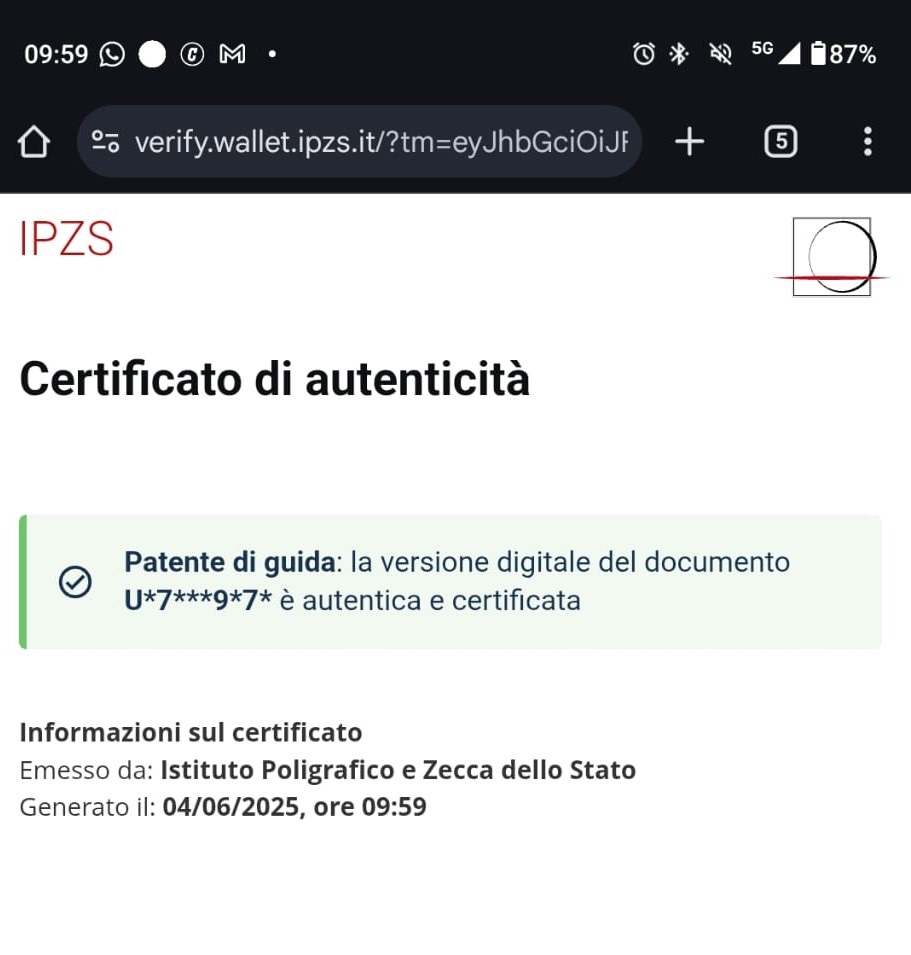Turkish president Erdogan is difficult to cash in his influence in Syria
:format(webp)/s3/static.nrc.nl/wp-content/uploads/2025/01/17155858/data126729391-44d4c2.jpg)
Before Turkish President Tayyip Erdogan, a long -held dream came out in Syria at the end of last year. The reign of Bashar al-Assad collapsed and a resistance group led by Ahmed al-Sharaa, who has been supported by Turkey for years, grabbed power in Damascus.
After the turbulent retreat of Assad’s allies Russia and Iran, Turkey would be the new dominant player in Syria, it seemed. The more than 3.5 million Syrian refugees could return to Turkey and the autonomous Syrian Kurds in the northeast, who are close ties with the Turkish Kurds, to be annoyed by Ankara.
Even President Trump spoke this week in the White House, Still in the presence of Erdogans rival Benjamin Netanyahu, openly his admiration for the Turkish president. According to him, he is ‘very smart’. In a phone call, Trump recently said to him: « Congratulations. You did what nobody has prepared in two thousand years. You have taken over Syria. »
Al-Sharaa Erdogan already visited this Friday For the second time. But that did not yield much concrete. Both leaders have experienced that their narrow ties elsewhere in the region encounter resistance. Especially with Israel, that the new Syrian regime depicts as a jihadist danger, and therefore frequently performs bombing in Syria. Cautiveness is therefore an asset in Ankara and Damascus.
Carefully structured
The Turks had carefully built their influence on Al-Sharaa. « Since 2015, the Turks, especially Foreign Minister Hakan Fidan, have acted as a kind of mentor for Al-Sharaa and his group, » says Ezgi Basaran, a Turkey expert at the University of Oxford. « When Al-Sharaa won the lead in 2019 on an autonomous area in Idlib, in the northwest, the Turks helped him economically but also with military intelligence and in other fields. »
In addition, Turkey strengthened its position in Northern Syria by occupying a border zone and supporting the Syrian National Army (SNA), a militia that fought against Syrian Kurds. When Al-Sharaa and his HTS group-presumably also to Ankara’s surprise-took Damascus, the Turks were immediately there to stand by Al-Sharaa again with advice and action.
Western suits
« Even the Western suits in which Al-Sharaa suddenly appeared in public came from chic things in Istanbul, » says Basaran by telephone. Fidan and the chief of the Turkish intelligence service were the first foreign officials received in Damascus.
But according to Basaran, the Turks want prevent the al-Sharaa from ending Like the Egyptian President Mohammed Morsi and the Tunisian regime of Ennahda after the so -called Arab Spring. Those regimes, who were close to the ideas of Erdogan’s own AKP party with their moderately fundamentalist explanation of Islam, encountered fierce resistance from Saudi Arabia and the United Arab Emirates. As a result, they quickly lost their power again.
« The AKP has since developed a kind of toolbox to support such regimes, » says Basaran. « Erdogan wants to show the world that a moderate fundamentalist party can indeed drive the country. » The support of the locals must be won by collecting waste on time and delivering electricity and water. But such a reign must also ensure that countries such as Saudi Arabia and the Emirates do not get against it.
Fidan, a confidant of Erdogan, also does everything to please Saudi Arabia and the Emirates. Turkish self -interest also plays a role in this. Turkish companies hope for a leading role in the reconstruction of Syria, but without financial support from the Gulf States that is not possible. As long as the sanctions of the US and others remain in force, the reconstruction remains an illusion anyway.
Defense agreement
Nevertheless, the Turkish charm offensive in the region is less smooth than hoped. Ever since the takeover of power, the Turkish army is having an important instrument against the Kurds on military bases in Syria. But a defense agreement with Syria is still not signed.
As a government leader, Al-Sharaa shows a less willing instrument in their hands than before. « It makes a difference that he is now heading of a state and not of a group, » says Malik Al-Abdeh, a Syria analyst, who from the United Kingdom the newsletter ‘Syria in transition’ publishes.
« I suspect that Al-Sharaa would rather put that defense agreement on the long track, » says Al-Abdeh, « with that he would chase the Gulf States and Israel to Harness. At the moment he cares more about his enemies than his friends and Israel is now the most dangerous enemy for him. »
Apart from bombing of military goals, Israel’s army has occupied a larger part of the high surface of Golan. In February, Netanyahu also demanded the demilitarization of southern Syria. Israel does not want Turkey to succeed Iran as a mainstay of the Syrian regime. « Our relationship with Turkey has deteriorated, » Netanyahu confirmed this week, « and we don’t want Syria to be used by anyone, including Turkey, as a basis for attacking Israel. »
To the irritation of Turkey, the Syrian Kurds are now looking for support from Israel. « Kurdish leaders recently told me that Israel had contact with them almost every day and offered them to protect them, » says Basaran.
Last Wednesday Turkey and Israel carried out in Azerbaijan, which has good ties with Turkey and Israel, consult with each other To de-escalate their conflict. Trump has also offered his mediation. But the tensions last.
Al-Abdeh foresees that the Turks and Al-Sharaa cannot change much about the status quo for the time being. Turkey will retain its sphere of influence in the north, on the border, in Idlib but also the region around Aleppo. But that also applies to the Kurds in the northeast, and Israel can create a safety zone in the south. Al-Abdeh: « In that respect, it is therefore not even such a big difference with the situation under Assad. »
Read also
What does the leader of the new Syria move?

:format(webp)/s3/static.nrc.nl/wp-content/uploads/2025/06/05163439/data133217982-f902a2.jpg)
/s3/static.nrc.nl/wp-content/uploads/2025/06/06205808/web-0606BINspermadonatie.jpg)
/s3/static.nrc.nl/images/gn4/data133317775-d0126f.jpg)



